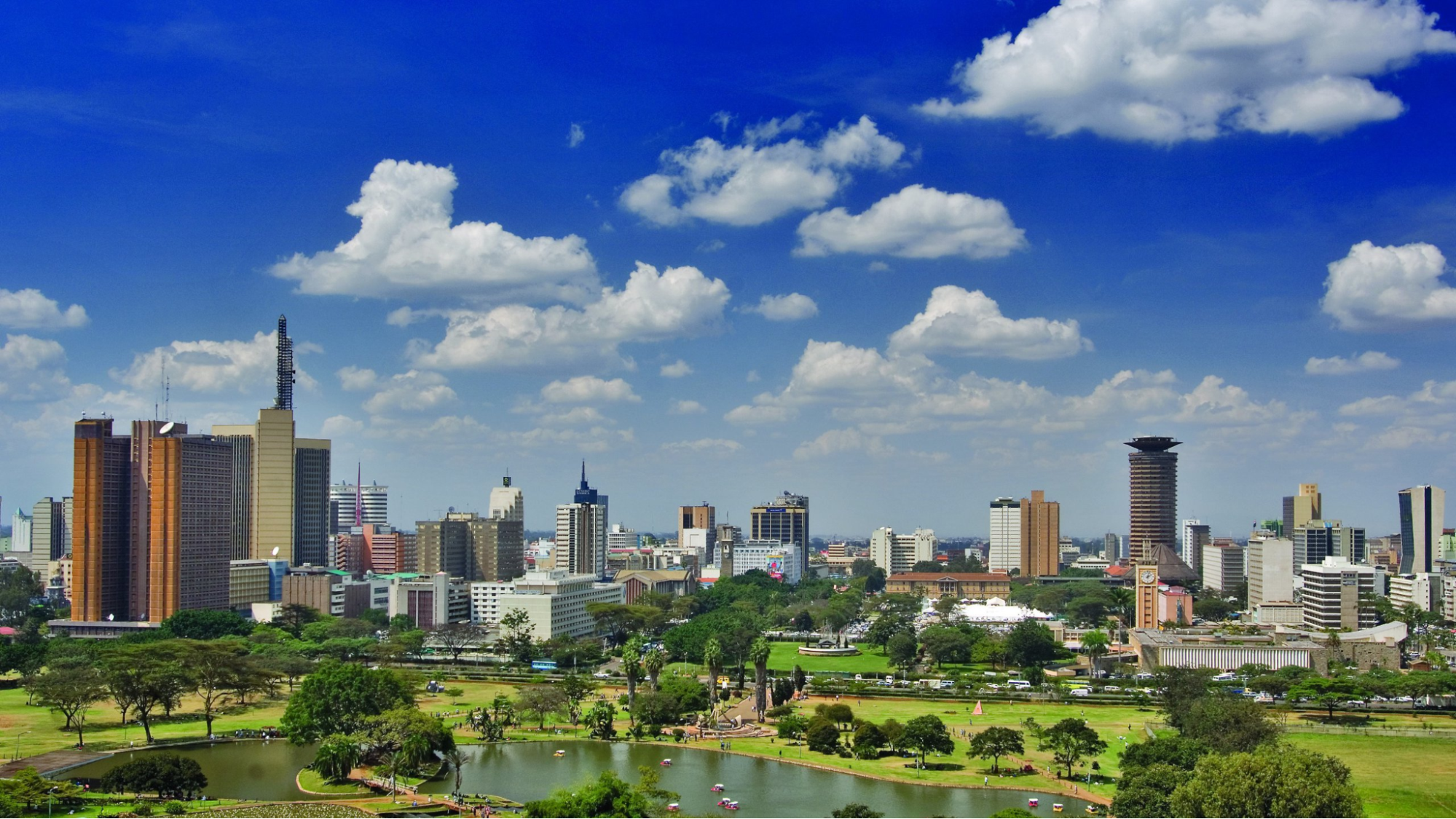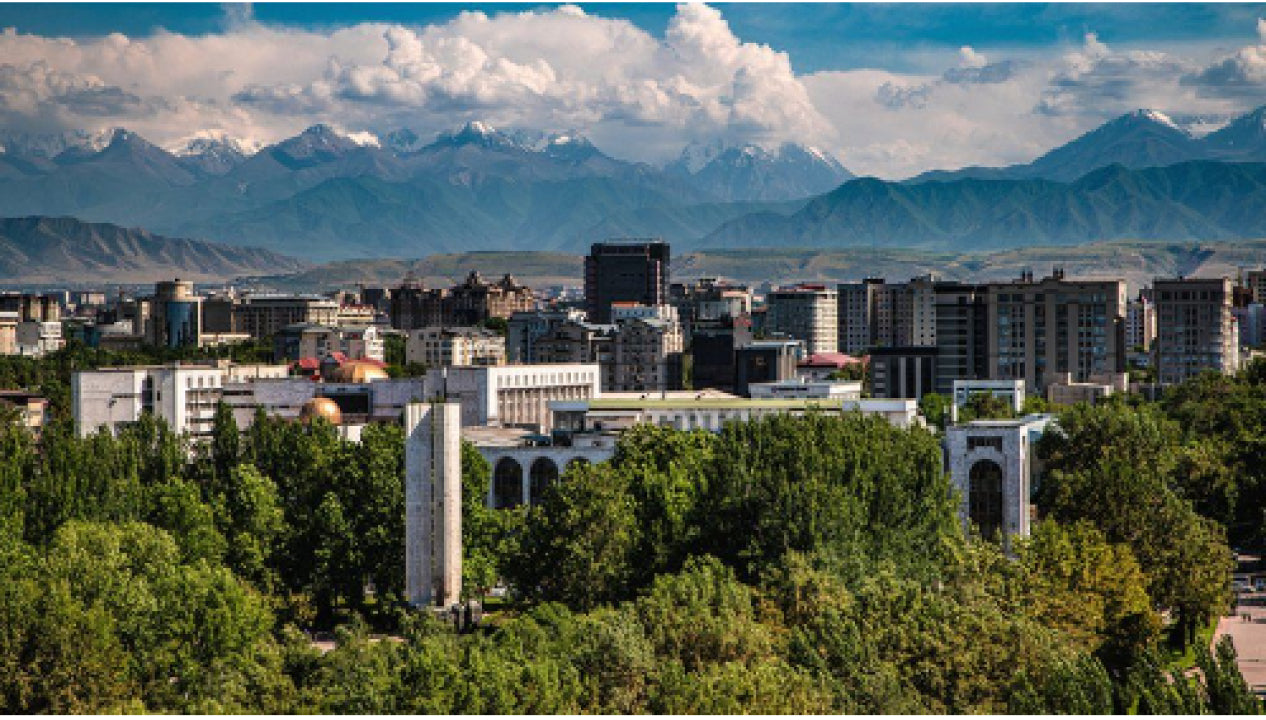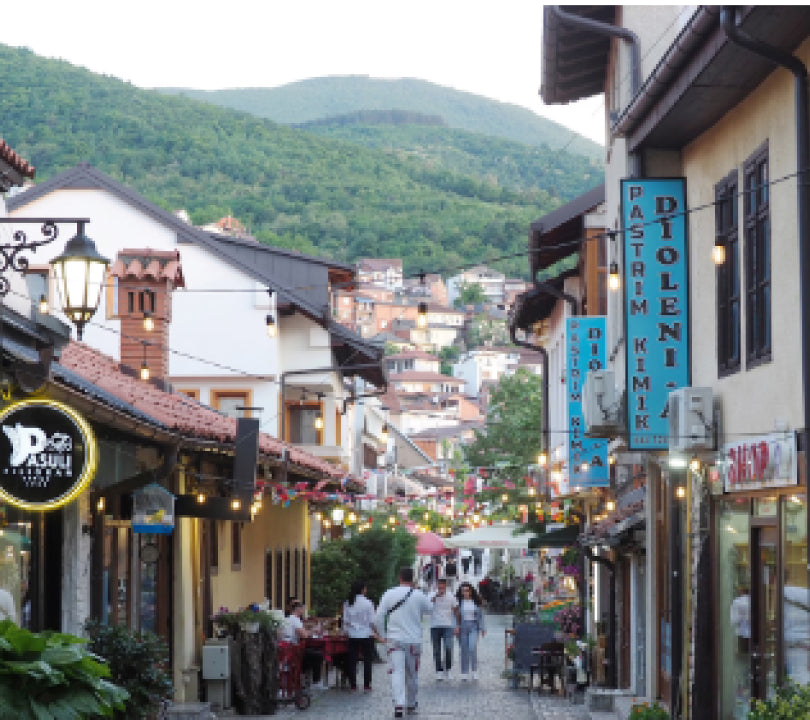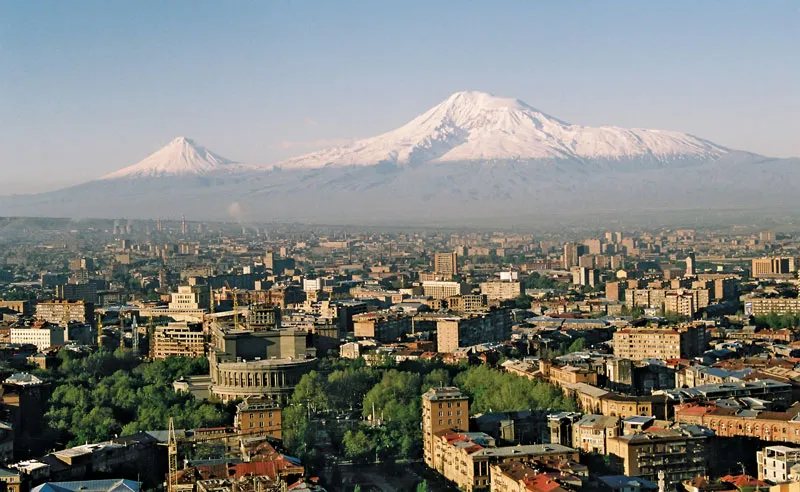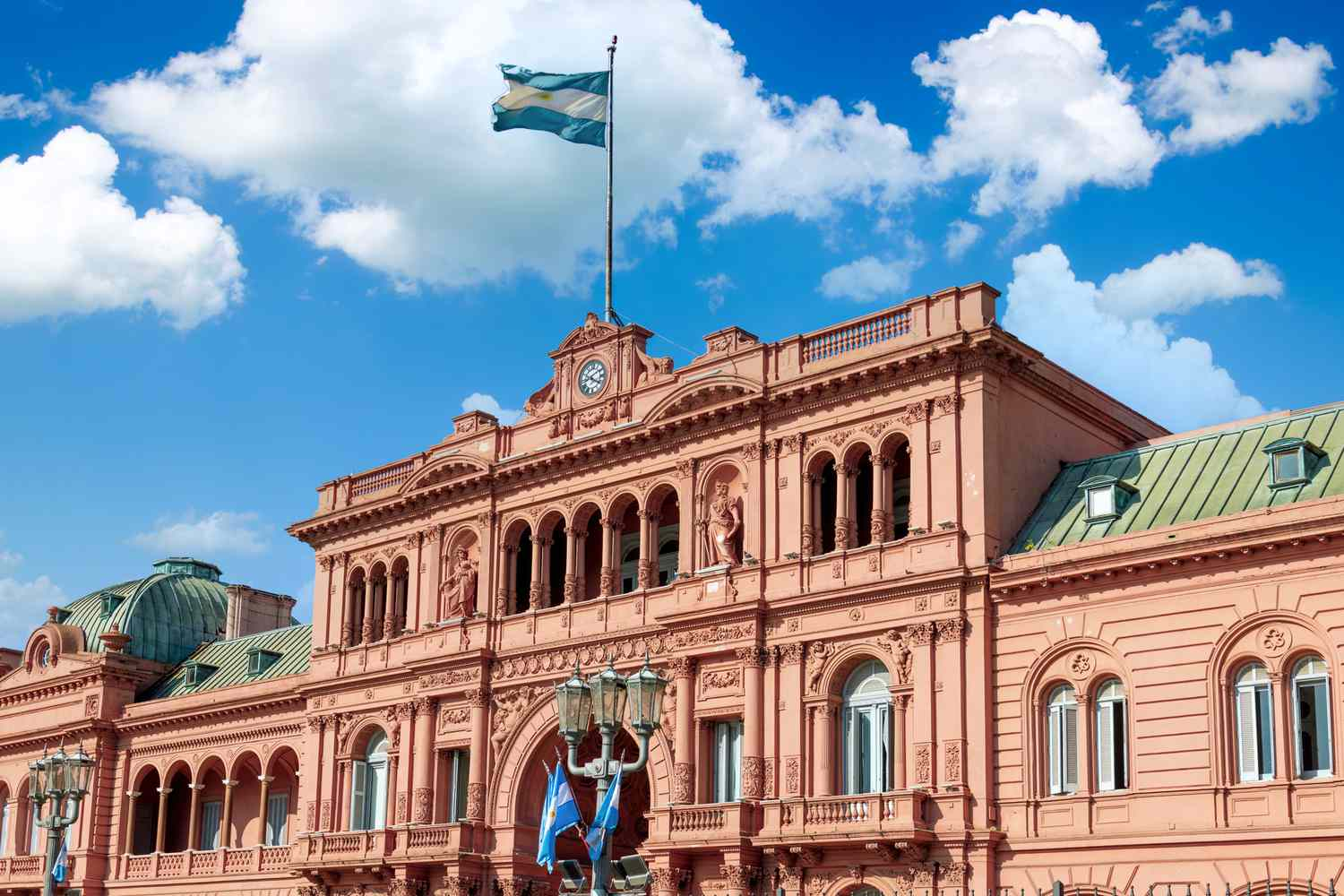Country
Indigenous Australians used native herbs and spices like lemon myrtle, mountain pepper, and wattleseed for thousands of years . After European colonization, Australian cuisine incorporated more British and Mediterranean influences, though native spices were still used to a limited extent...
Coastal Influence: Kenyan cuisine blends African, Arab, and Indian spices. Swahili Spices: Cardamom, cloves, and cinnamon flavor dishes like pilau rice. Herbal Diversity: Fresh herbs like cilantro and mint are common. Grilled Meats: Nyama choma (barbecued meat) uses spice rubs....
Silk Road Influence: Kyrgyz cuisine blends Central Asian and Chinese spice traditions. Key Spices: Cumin, coriander, and chili peppers flavor dishes. Dumpling Seasoning: Manti and samsa use a spice blend for meat fillings. Herbal Infusions: Mint and tarragon are common...
Arabian Gulf Flavors: Kuwaiti cuisine blends Arabian and Persian spice traditions. Key Ingredients: Saffron, cardamom, and cinnamon are prominent. Rice Dishes: Biryani incorporates complex spice blends. Seafood Seasoning: Spices enhance grilled and marinated fish. Cultural Heritage: Spices reflect Kuwait's maritime...
Balkan Blend: Kosovo cuisine integrates Balkan, Turkish, and Mediterranean spices. Key Spices: Paprika, cumin, and mint are common. Grilled Meats: Seasonings enhance dishes like qebapa (grilled sausages). Dairy Products: Yogurt sauces use garlic and dill. Cultural Fusion: Spices symbolize Kosovo's...
Spices culture in Korea, South
Flavorful Balance: South Korean cuisine is characterized by bold, spicy, and savory flavors. Key Spices: Gochujang (fermented chili paste), garlic, and sesame seeds are essential. Kimchi Tradition: Various spices season this iconic fermented dish. BBQ Seasoning: Marinades blend soy sauce,...
Armenians make extensive use of various herbs and spices in their dishes Commonly used spices include black pepper, sumac, cumin, caraway, cardamom, mahleb, clove, anise, curcuma, fennel, fenugreek, blue fenugreek, allspice, ziziphora, saffron, paprika, cayenne, and cinnamon Greens like garlic,...
Spices culture in Korea, North
Minimalistic Approach: North Korean cuisine emphasizes natural flavors with modest seasoning. Key Ingredients: Garlic, ginger, and chili peppers are sparingly used. Fermented Foods: Kimchi incorporates chili flakes and ginger. Meat Dishes: Grilled meats feature soy-based marinades. Political Context: Traditional spices...
Spices culture in Argentina: Key Aspects of Spice Culture in Argentine Cuisine Argentine cuisine is heavily influenced by European, particularly Italian and Spanish, culinary traditions, with less emphasis on spices compared to other Latin American countries However, the cuisine of...


